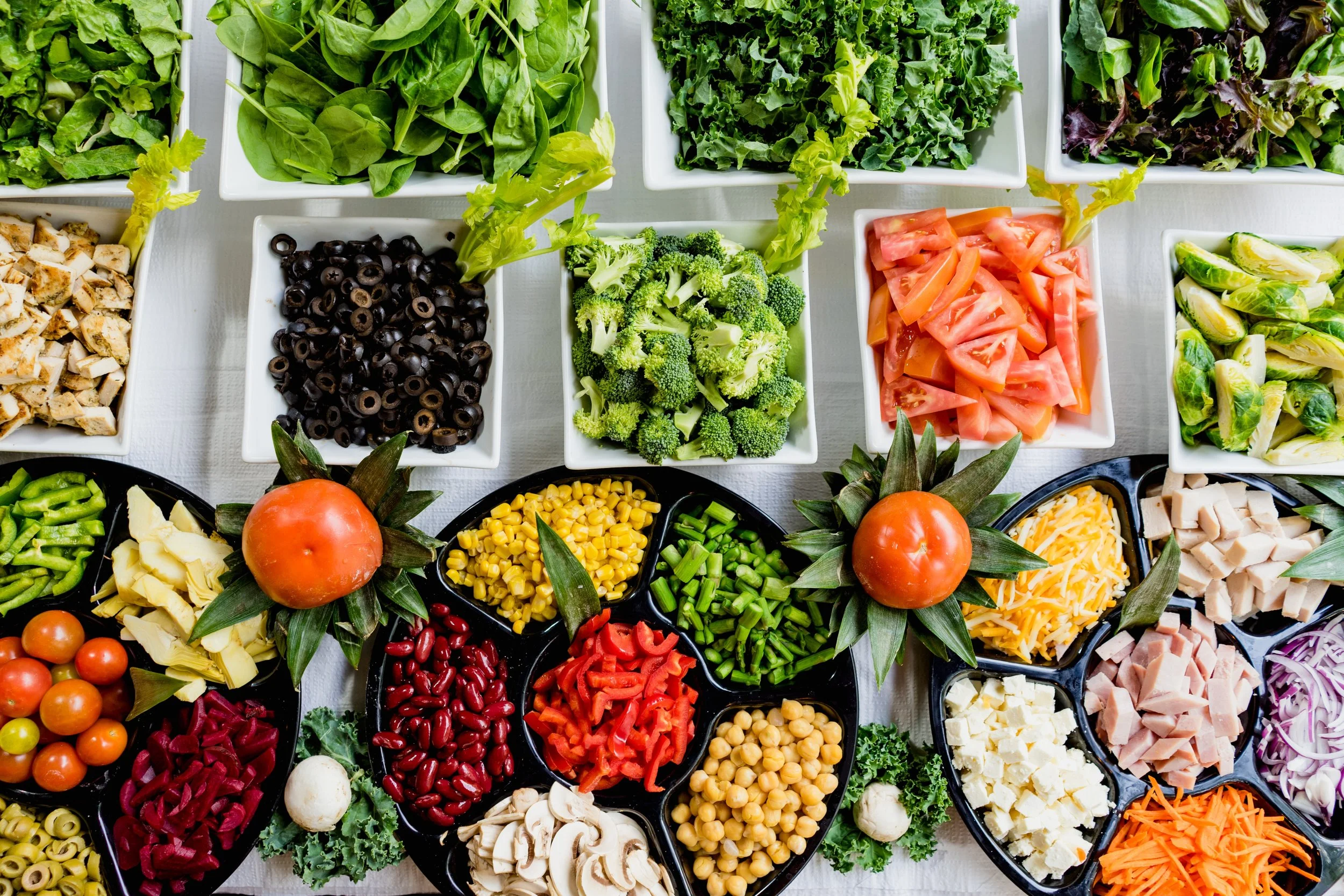In-Kind Support and Maintenance Calculations May Soon Exclude Food
The Social Security Administration (SSA) has proposed a rule change that would omit food from the in-kind support and maintenance (ISM) calculations used to determine Supplemental Security Income (SSI) eligibility and payment amounts.
This proposed rule change is intended to simplify the rules by making them less cumbersome to administer and easier for SSI applicants and recipients to understand.
How ISM Works
Currently, the SSA considers any in-kind support and maintenance provided to an SSI recipient, such as free or reduced-cost food and housing, as income that reduces the amount of the recipient's SSI payments. This policy has been in place for decades and is intended to ensure that individuals don’t receive more than their fair share of government assistance. The value of ISM is determined using one of two rules:
The Value of One-Third Reduction (VTR) – a person living in another person’s household receiving food and shelter from others in the household
The Presumed Maximum Value (PMV) – a person living on their own or in someone else’s household who receives help with either food or shelter but not both. They may be living in a non-medical institution
How the Proposed Rule Change Would Work
The proposed rule change would exclude food from the ISM calculations, meaning that free or reduced-cost food would not count as income for SSI recipients. In other words, if an SSI recipient were to receive food from a relative or friend, they wouldn’t have to report that to the SSA, and it wouldn’t negatively affect their SSI payments.
Support for the Rule Change
Proponents of the rule change argue that it would provide much-needed relief to SSI recipients who are struggling to make ends meet. Under the current policy, SSI beneficiaries risk losing some of their monthly benefits due to in-kind food support. This loss can be particularly burdensome for individuals with disabilities who may require special diets or have limited access to affordable, nutritious food.
Proponents also argue that the current policy may make SSI beneficiaries unwilling to accept free or reduced-cost food, as doing so would reduce their SSI benefits. This can create a difficult choice for individuals already living on a limited income and may force them to choose between accessing necessary food assistance and maintaining their SSI benefits.
Furthermore, some believe that the current ISM rule regarding food gifts may prevent individuals from seeking employment to increase their income. For example, if an SSI recipient is considering a job that offers free lunch, they may not accept the job due to the potential reduction in their SSI payments. By removing food from the ISM calculation, individuals could accept job offers that offer free lunch or other food-related benefits without fear of losing their SSI payments.
Concerns with the Rule Change
Opponents of the rule change argue that it could have unintended consequences, such as motivating individuals to seek free food assistance even if they don’t need it. They also argue that the change would create inconsistencies within the SSI program, as other forms of in-kind support and maintenance, such as housing assistance, would still count as income.
The Goal
By not requiring SSI recipients to report gifts of food, the SSA will reduce its employees’ workloads and reduce pressure on SSI recipients. SSI recipients would be able to accept offers of food and jobs that provide food as a benefit or a perk without worrying about their SSI payments being reduced. Refer to the SSA’s website for updates on this potential rule change.

